Nicosia has recently been unofficially named “Europe's brightest capital.” This is no accident! Bathed in the Cypriot sun during the day and illuminated by city lights at night, this city also shines with knowledge and enlightenment. Not only is Nicosia the administrative and cultural capital of the island, it is also its educational center. It has long been home to the largest number of top-ranked universities, and thousands of students from around the globe choose to study here. What makes Nicosia so attractive? In this article, we will explore the city's leading higher education institutions and try to figure it out.
The University of Cyprus (UCY)
Founded in 1989, the UCY is conveniently located in the heart of Nicosia. This public university has not only established itself in Cyprus, but also on the international stage. It's no surprise that it's ranked among the top 500 universities worldwide. The university is also renowned for its highly qualified teaching staff. Most faculty members are scientists and experts in their fields, with 38% hailing from Europe, the United Kingdom, and the United States. UCY is undoubtedly a leader in research and innovation, both in Cyprus and Europe. The university has more than a dozen modern research centers.
Interestingly, UCY has collaborated with PwC for over ten years at the university's Center for Entrepreneurship, which hosts regular forums, training sessions, and mentoring programs for students.
The university incorporates innovative ideas into the design of its campuses. The library building, designed by Jean Nouvel, the French architect who won the Pritzker Prize, deserves special attention. The Stelios Ioannou Learning Resource Center is more than just a library; it is an information and education center — the only one of its kind in Cyprus. The 15,000-square-meter building can accommodate up to 10,000 people at a time. It currently houses around one million printed publications, 30,000 electronic publications, and 150 information databases. The building itself resembles a modern art installation, combining high technology, environmental friendliness, and unusual aesthetics.
UCY has eight main faculties and a number of research centers.
- Faculty of Humanities and the Language Center
- Faculty of Natural and Applied Sciences and Oceanography Center
- Faculty of Social Sciences and Education
- Faculty of Economics and Management, the Economic Research Center, and the Banking and Finance Research Center.
- Faculty of Engineering
- Faculty of Arts
- Archaeological Research Center
- Faculty of Doctoral Studies
- Faculty of Medicine
- Nanotechnology Research Center
- Innovation Research Center
- Renewable Energy Research Center
- EMPHASIS Research Center
- International Research Center for Hydrology
Partnerships with other universities:
- Massachusetts Institute of Technology (MIT), USA
- Politecnico di Milano, Italy
- University of Helsinki, Finland
- University of Athens, Greece
- University of Lisbon, Portugal
- University of Barcelona, Spain
Location: Aglanja District
Tuition fees: Free for EU students; international students pay from €6,834 per year.
Currently, more than 7,000 students are enrolled at UCY, about 963 of whom are international students. Since it is a state university and instruction is primarily in Greek, most students are Greek or Cypriot. However, there are also students from the EU and other countries.
Interesting fact: Education at Cypriot state universities, especially at the bachelor's level, is usually conducted in Greek. Recently, however, state universities have begun offering master's and doctoral programs in English. Meanwhile, private universities offer all programs in English.
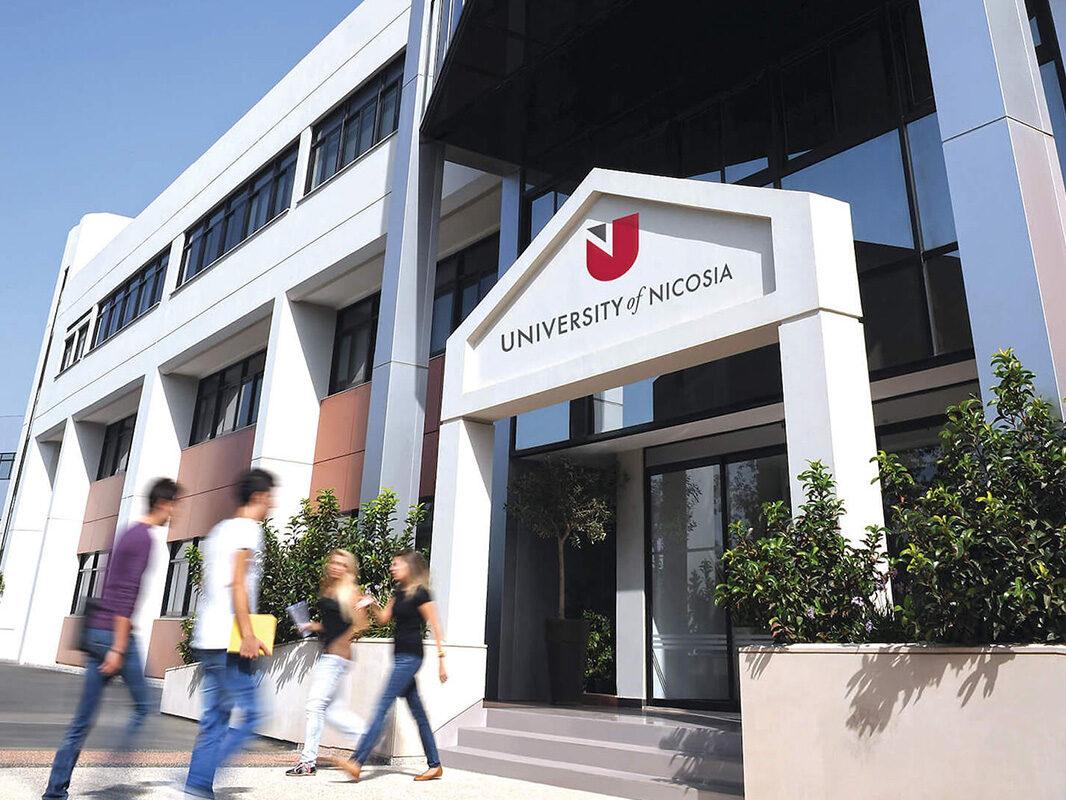
University of Nicosia (UNIC)
Founded in 1980, this private university is not only the largest in Cyprus, but also in all of southern Europe. For the third consecutive year, it has been ranked among the top 500 universities worldwide. UNIC ranks first in Cyprus and Greece in four disciplines and has eight main faculties.
- Faculty of Business
- Faculty of Education
- Faculty of Humanities and Social Sciences
- Faculty of Law
- Faculty of Medicine
- Faculty of Health and Social Sciences
- Faculty of Science and Engineering
- Faculty of Veterinary Medicine
UNIC boasts the largest School of Medicine, which has close ties with and successfully cooperates with St. George's University in London. UNIC is also a leader in new FinTech areas and offers programs in blockchain and cryptocurrency technologies.
Interestingly, UNIC was the first university in the world to offer a master's degree in digital currencies. In 2013, UNIC became the first university to accept tuition payments in Bitcoin.
UNIC is a leader in cutting-edge research fields such as AI/ML, virtual reality, and sustainable development/environmentalism.
Partnerships with other universities:
- University of Oviedo, Spain
- Karolinska Institutet in Sweden
- University of Padova in Italy,
- University of Zagreb, Croatia
- Western Sydney University (Australia)
- Aristotle University of Thessaloniki, Greece
- University of Patras, Greece
Location: Engomi District
Tuition fees start at €9,300 per year.
UNIC is one of the most popular universities among international students. Of its 12,500 students, approximately 50% hail from over 70 countries.
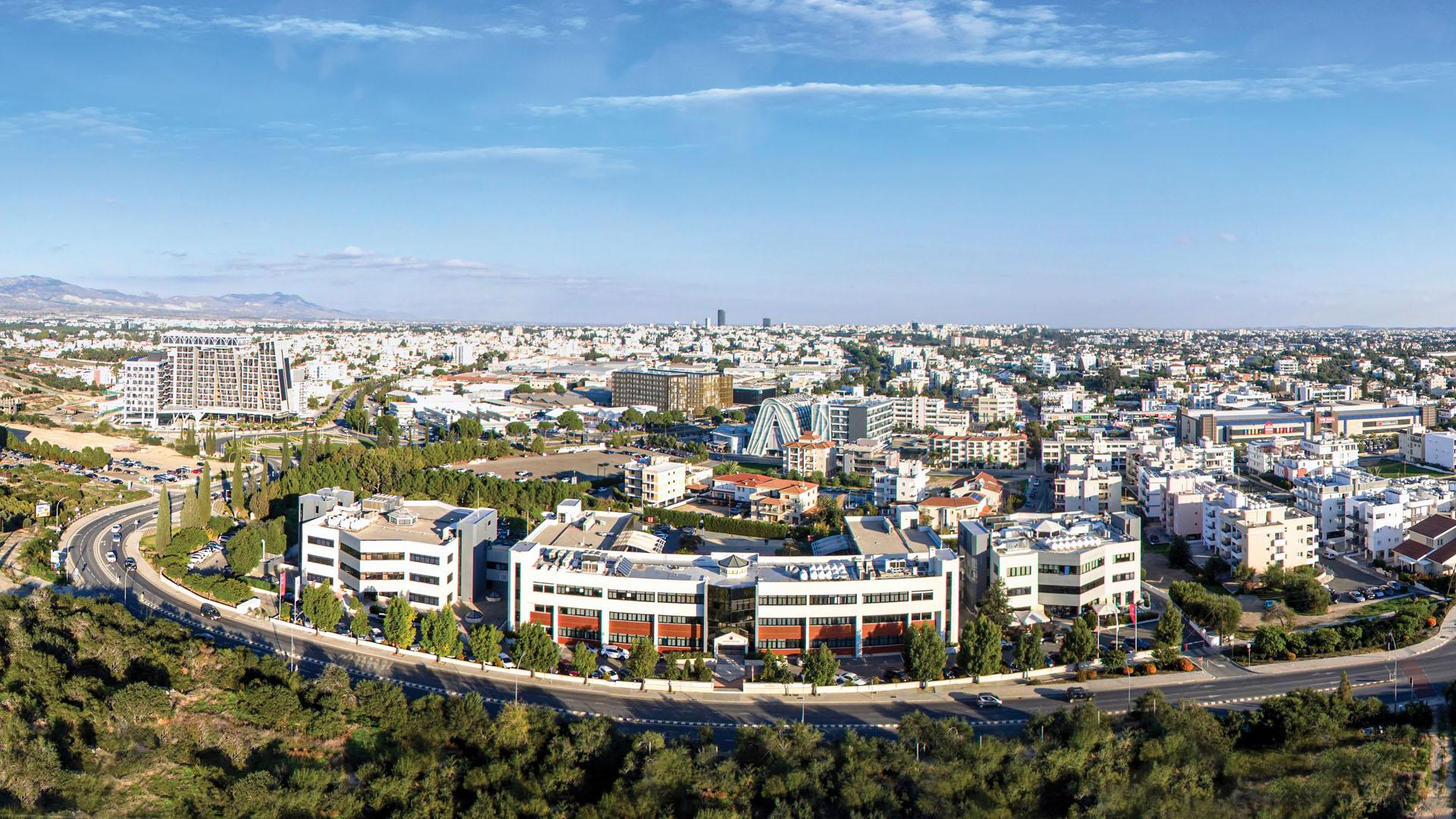
European University Cyprus (EUC)
Founded in 1961, this private university is renowned for its high-quality education and is ranked among the top 100 universities worldwide. It is part of the Galileo Global Education international network of universities. It has also been included in the prestigious Times Higher Education University Impact Rankings.
Despite being fee-based, competition for admission is quite high. The university has strict criteria for selecting students based on their past achievements and grades. This is no coincidence, as all of the university's faculty members are highly qualified specialists, four of whom are Nobel Prize laureates.
EUC is renowned for its School of Medicine, which is accredited by the World Federation for Medical Education (WFME). The Faculty of Medicine works in partnership with Ohio State University in the United States. All medical faculties use the most advanced knowledge and technologies, and their campuses and laboratories are equipped with the latest technology.
The unique Faculty of Dentistry and the Faculty of Veterinary Medicine deserve special attention. In total, the university offers eight faculties in various fields.
- Faculty of Medicine
- Faculty of Dentistry
- Faculty of Science, which has three departments:
- Faculty of Veterinary Medicine
- Faculty of Law
- Faculty of Humanities, Social Sciences, and Education
- Faculty of Business
- Faculty of Distance Education
Partnerships with other universities:
- Ilmenau University of Technology (Germany)
- University of Information Technology and Management in Rzeszów, Poland
- University of Technology of Compiègne, France
- Marche Polytechnic University, Italy
- University of Viana do Castelo, Portugal
Location: Engomi district
Tuition fees start at €9,000 per year.
Who studies at EUC: Currently, about 12,500 students from all over the world study here. According to official university data, of these students: 37% are Cypriots, 46% are Greek students, and 17% are from other countries. In total, students from more than 90 countries study at the university.
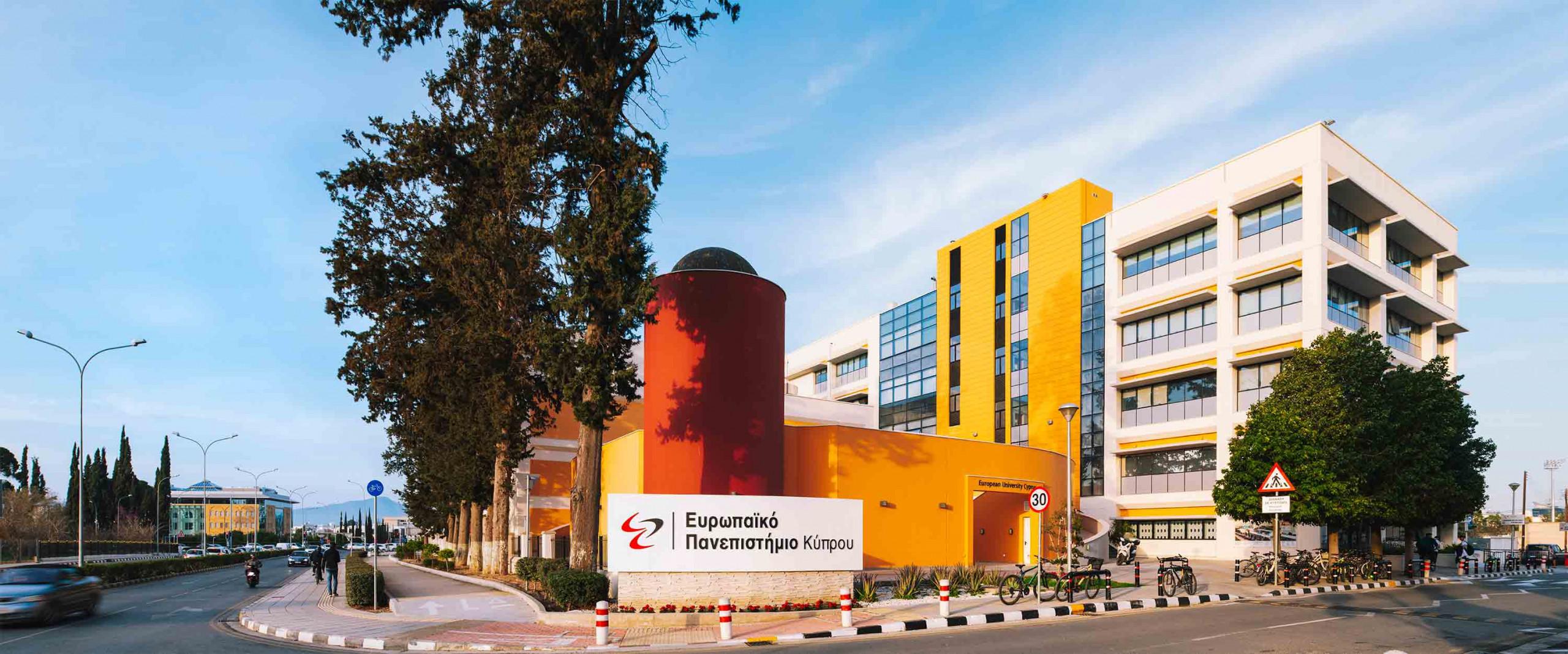
Frederick University (Nicosia campus)
This private university opened its second campus in Nicosia, the first in Cyprus. It first opened its doors in 1975 as the Frederick Institute of Technology. In 2007, it became the first private university on the island. Today, Frederick University offers around 80 nationally and internationally accredited programs of study. The university co-founded the Cyprus branch of the Sustainable Development Solutions Network. In 2022, Frederick University became the first private university to join the European Universities Alliance and the EU CONEXUS university alliance, which specializes in the smart and sustainable development of coastal cities. Frederick University is a leader in research, innovation, and sustainable development. It has a strong international reputation, numerous awards, and independent accreditations, as well as close ties with many European and international universities.
Frederick University has six main faculties:
- Faculty of Communication, Arts, and Culture
- Business and Law
- Faculty of Education and Social Sciences
- Faculty of Engineering
- Faculty of Medicine
- Faculty of Distance Education
Location: Pallouriotissa District
Tuition fees start at €8,885 per year.
Who studies at Frederick University? Currently, about 3,700 students from over 50 countries are enrolled. Most of them are Cypriots and EU citizens. Approximately 20% of students are from other countries, primarily from Africa, the Middle East, and Asia.
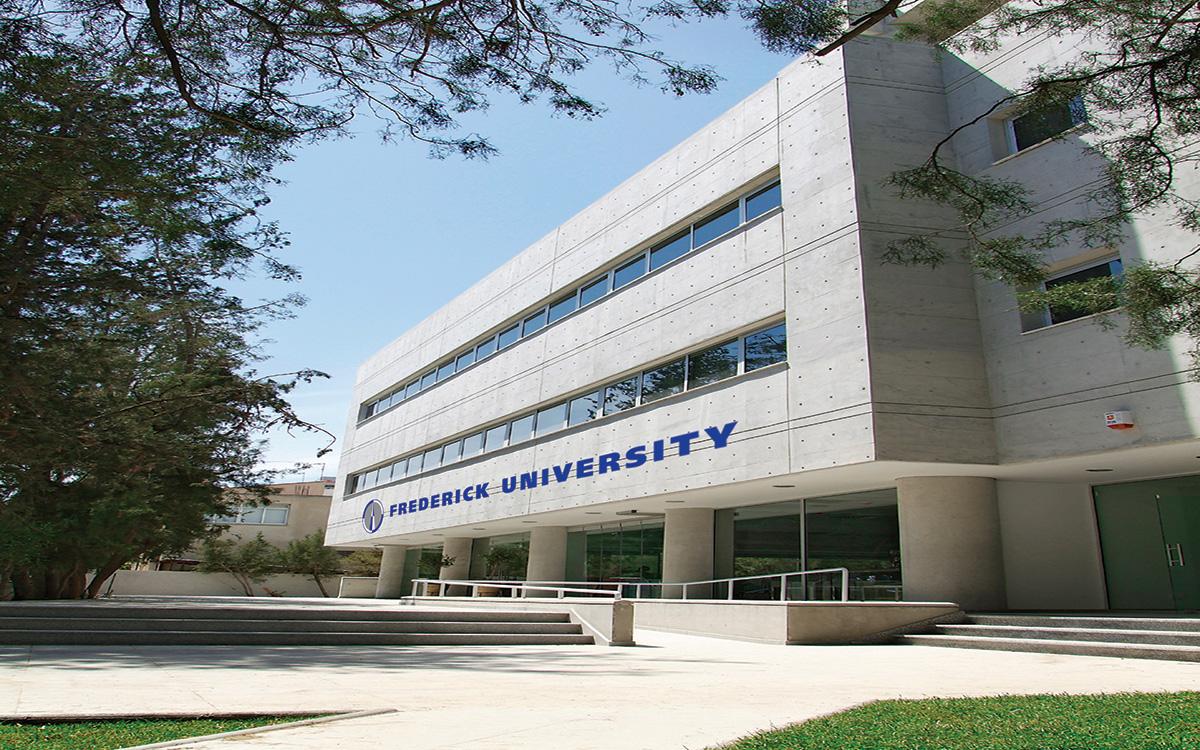
Open University of Cyprus (OUC)
Founded in 2002, the Open University of Cyprus (OUC) is the first and only university in Cyprus to offer fully online distance learning. The concept of an "open university" first emerged in England in the 19th century. Then, in 1969, a more sophisticated system was developed there that became the prototype for all European open universities.
The OUC actively supports the opportunity for all citizens to obtain and continue their education. The university offers a wide variety of bachelor's, master's, and doctoral programs. Students can complete a program in its entirety or select individual subjects of interest, which reduces the duration of study. Training is conducted entirely remotely in the eClass format, with online lectures, master classes, forums, and other interactive tools. Physical presence is not required, not even for exams. Therefore, you can complete all training at a time and in an environment that is convenient for you. All subjects comply with the European Credit Transfer and Accumulation System (ECTS).
In 2025, OUC became part of Block 14 of the European Open Universities. OUC has three main faculties:
- Faculty of Humanities and Social Sciences
- Faculty of Economics and Management
- Faculty of Natural and Applied Sciences.
Partnerships with other universities:
- University of Warsaw, Poland
- FernUniversität, Germany
- An-Najah National University in Palestine
The university also cooperates closely with leading Cypriot universities and is part of the Open EU Alliance, a European Alliance of Open Universities.
Tuition fees: As it is a state university, undergraduate education is free for EU citizens. The cost of a master's program is approximately €5,400. Doctoral degrees start at €675 per semester.
Who studies at OUC? The university has 3,000 students. Since most of the instruction is in Greek, most of the students are Cypriots and Greeks. Most are mature students who want to earn a second degree or improve their qualifications. Next are students from other EU countries, as well as from Asia, Africa, and the Middle East.
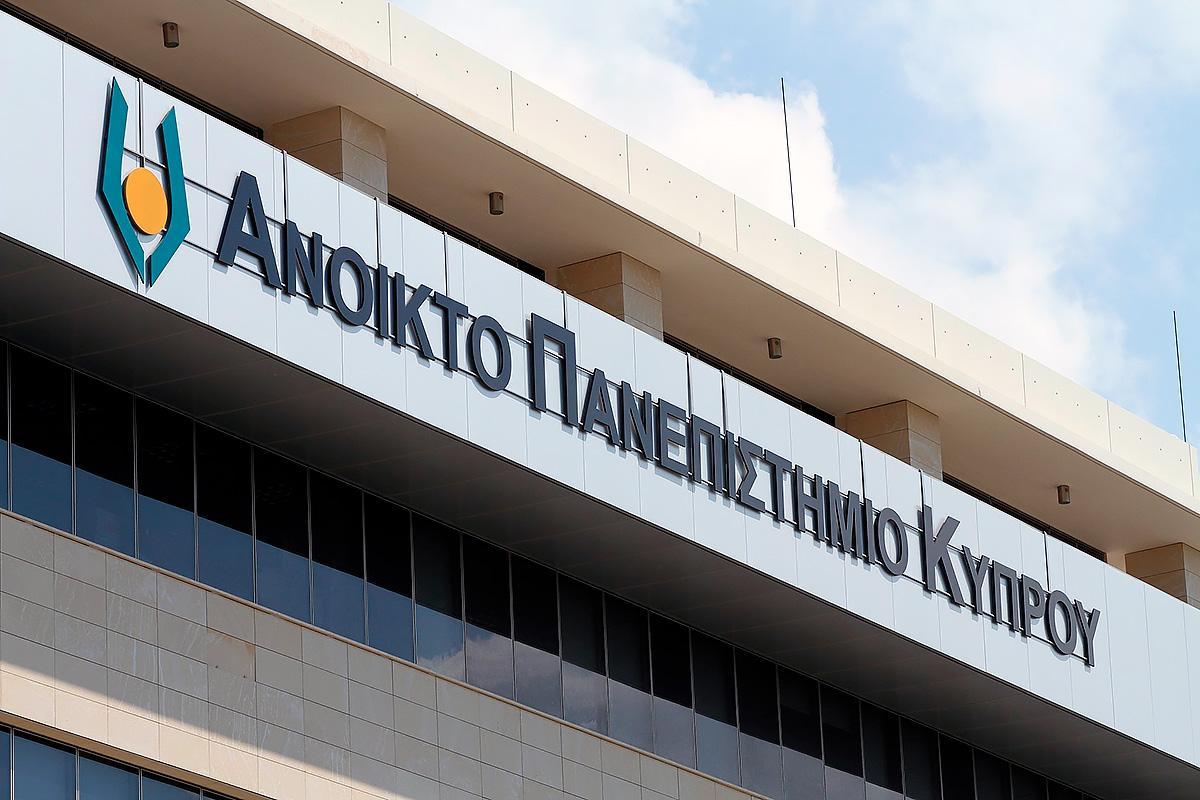
Why Nicosia?
Nicosia has long been established as the educational center of the island. It has the largest number of universities, each of which offers unique, world-class educational programs. Local universities are at the forefront of medicine, engineering, and FinTech trends. Student life here is vibrant, with active student lobbies, numerous interest clubs, and regular events. Universities provide extensive support for academics and future careers, including help finding internships at major companies and networking opportunities. Many capital city campuses are real student towns where you can find everything you need without leaving the grounds: banks, cafés, restaurants, mini-markets, fitness centers, and much more.
The areas where the universities and students are located have excellent infrastructure, including transportation and shops. Everything is within walking distance. Getting to the center of Nicosia is also easy.
Compared to coastal cities with a resort atmosphere, the pace of life in the capital is more dynamic, which is ideal for studying. While you won't be able to swim in the sea before or after class, you can easily reach Larnaca's beaches on weekends. It takes only half an hour by car or 40 minutes by bus. The Troodos Mountains are not far away either and can be easily reached by a regular city bus for just a few euros.
Like the rest of Cyprus, Nicosia is a very safe place. Student areas, such as Engomi, are usually prestigious parts of the capital where many expats live. Therefore, even those visiting abroad for the first time will feel comfortable here. It's no surprise that more and more foreign students choose Nicosia for their education every year. Studying in the capital opens the door to new opportunities and prospects.
Student life is the best time of your life. To get the most out of this time, it's important to choose the right university and field of study. We hope this guide helps you make the right choice. Good luck with your studies in the "brightest capital of Europe"!

Read also:

